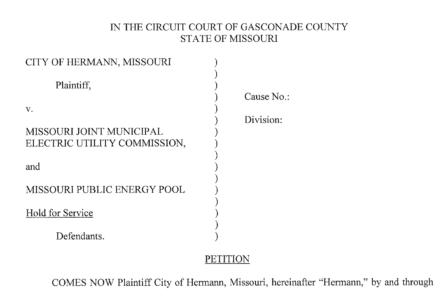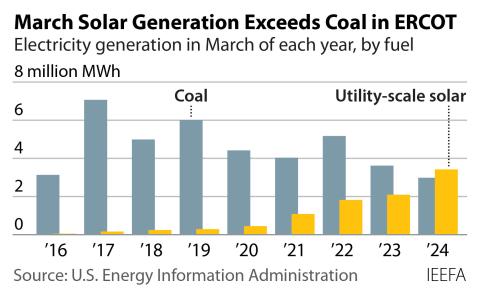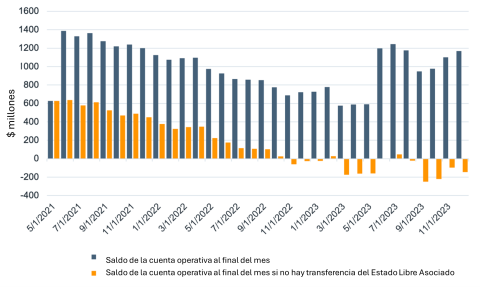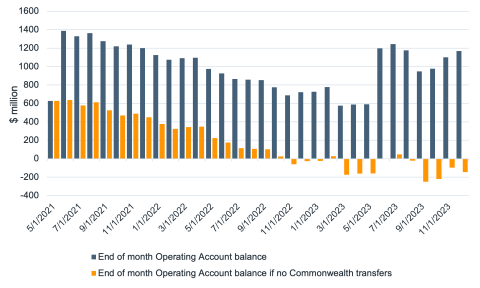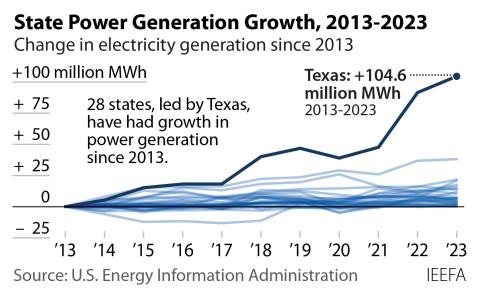In Lawsuit Over Prairie State Energy Campus, What’s Happening in Missouri Might Not Stay in Missouri
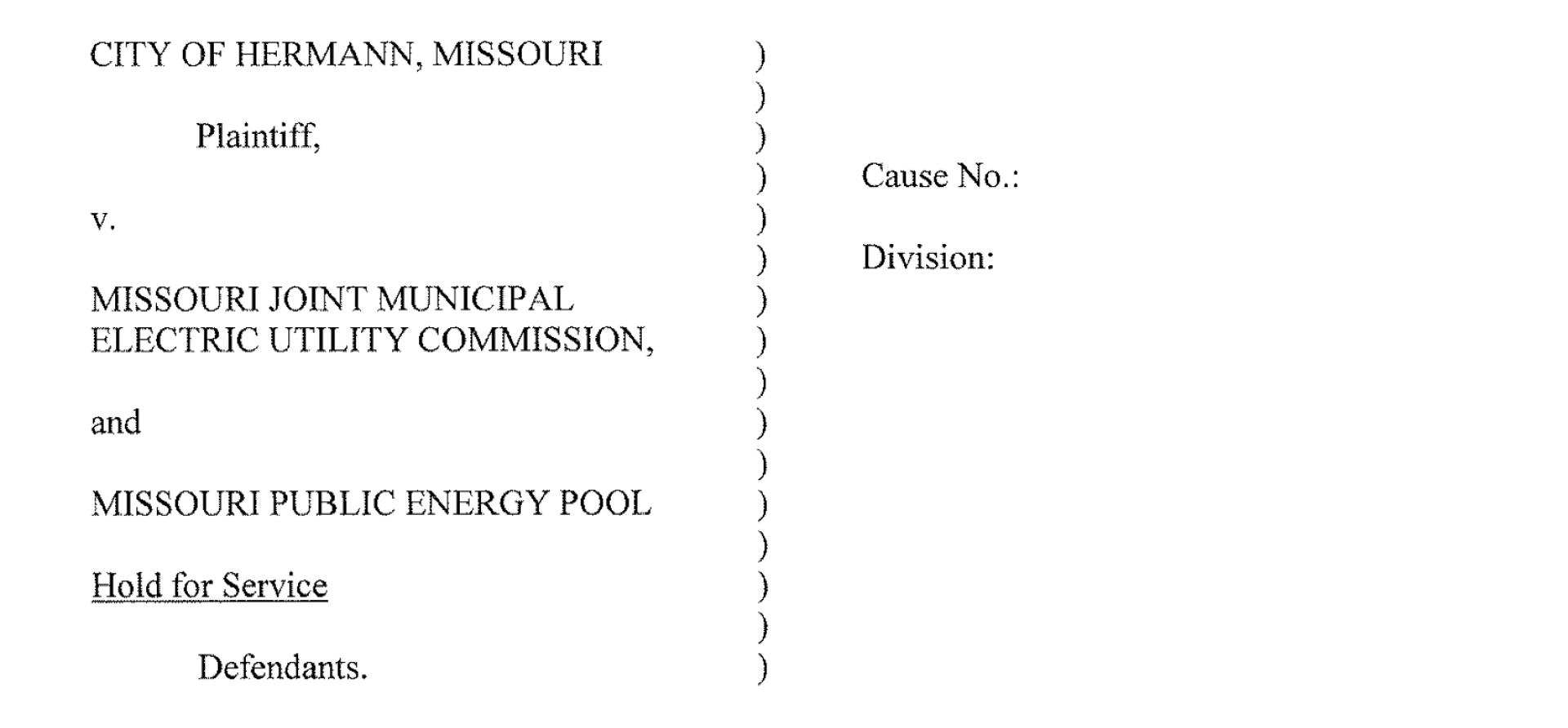
Getting to the Core of What’s Wrong With the Financing Behind an Illinois Coal-Fired Plant Whose Tentacles Reach Into 8 States …
Wall Street voices, Missouri politicians and Peabody Energy have decreed that the city of Hermann, Mo., must remain tangled in the multiple-municipality financial quagmire created by the struggling Prairie State Energy Campus.
Hermann, which touts itself proudly as “the most beautiful town in Missouri,” is no pushover, though, and has responded by saying “not so fast big guys” in a hard-hitting lawsuit that has implications beyond Hermann.
Hermann wants out of its long-term, high-priced electricity contract with the Missouri Joint Municipal Electric Utility Commission, MJMEUC, which is part owner of Prairie State. What should have a been routine matter—Hermann owns a 2.5 percent stake in MJMEUC, a share that could easily have been redistributed back through other MJMEUC members—has now turned into a potential flashpoint that could help scores of communities elsewhere that have been damaged by their ties to the overpriced, poor-performing plant.
The Hermann case, filed last week, goes to the core of what’s wrong with the financing behind Prairie State, a coal-fired plant in Illinois whose tentacles reach into eight states and whose construction was orchestrated by Missouri-based Peabody.
This lawsuit raises more red flags than a NASCAR pileup:
- Hermann, like many municipalities shackled to Prairie State, is unhappy about being saddled with $37 million in Prairie State-related debt. The annual budget for the city, population 2,500, is only $11 million. According to the Missouri Constitution, the level of extreme indebtedness on display in the case is against the law.
- The city is asserting, too, that MJMEUC is blocking its right to assign its contract to other municipalities. MJMEUC is supposed to work in good faith to find new buyers for the Hermann electricity. Yet even as the city has asked to opt out, MJMEUC has demurred.
- Townsfolk are ticked also because MJMEUC has entered into a series of related debt schemes involving high-risk auction rate securities. The lawsuit presses for answers regarding the propriety of these deals.
- Finally, and perhaps most important, the city notes that MJMEUC’s bond covenants say that MJMEUC is liable for the bonds in question, not any town or city.
So the city is asking for remedies:
- Enforcement of reassignment rights, letting Hermann’s share in Prairie State and everything else go back to another MJMEUC member;
- Payment of damages to the city based on breach of fiduciary duty;
- Cancelling of any debt obligations that MJMEUC claims the city owes.
What’s happening in Missouri isn’t likely to stay in Missouri.
Every community in the Prairie State portfolio—and there are more than 200 of them—was told that if the deal did not work out they could opt out.
The lawsuit unfortunately represents both a breakdown in business relationships and a failure of political leadership. State officials are aware of Prairie State but remain silent, although MJMEUC is a creature of state government and state politics. Allowing this bad deal to stand is quite arbitrary and quite wrong. One historic point along these lines: In 2013, the town of Marceline, Mo., amicably exited MJMEUC, a move that Fitch Rating Services said was positive for MJMEUC’s credit rating. Why MJMEUC would not settle with Hermann is peculiar.
The suit raises even larger issues:
- If MJMEUC cannot, as its bond documents assert, force liability for those bonds onto cities, then the contracts underlying the entire Prairie State deal are in question. Every official bond statement in every state touched by the deal carries language similar to that cited in the Hermann case.
- If MJMEUC incurred the debt inappropriately for Hermann, then it did so as well for all of its member communities across Missouri.
- If MJMEUC violated municipal debt-level restrictions, it’s very likely that all communities in MJMEUC—particularly those shackled to Prairie State —are in violation of the state’s constitution.
It’s also of considerable note that many communities today are drastically overleveraged because of Prairie State. The economic and fiscal decay from too much local government debt occurs slowly—layoffs of city employees in seemingly unrelated budget moves, electricity-rate increases at a time when electricity prices are dropping nationally, the draining of local government reserves built up over years, increases in sales and property taxes, and businesses quietly closing their doors.
Missouri state finance officials, if any are awake, would do well to take note.
Who’s litigating this case also matters. Curtis, Heintz, Garrett and O’Keefe of Clayton, Mo., is a prestigious firm with deep regional roots that does top-notch work and is run by well-schooled members of the Missouri Bar. They understand utility law and state and local government finance. They are formidable and quite well equipped to take this case to the mat.
Stay tuned.
Tom Sanzillo is IEEFA’s director of finance.

